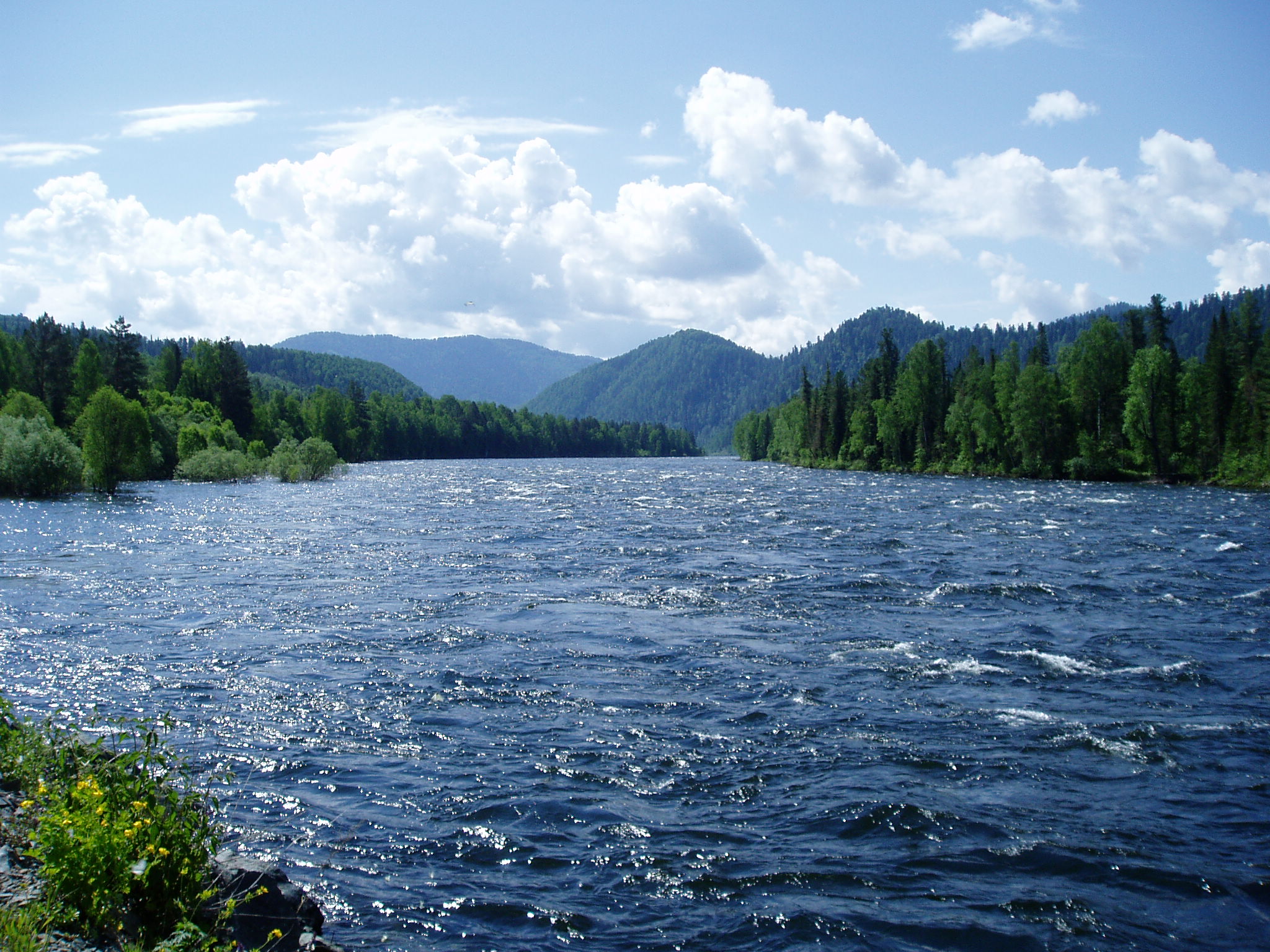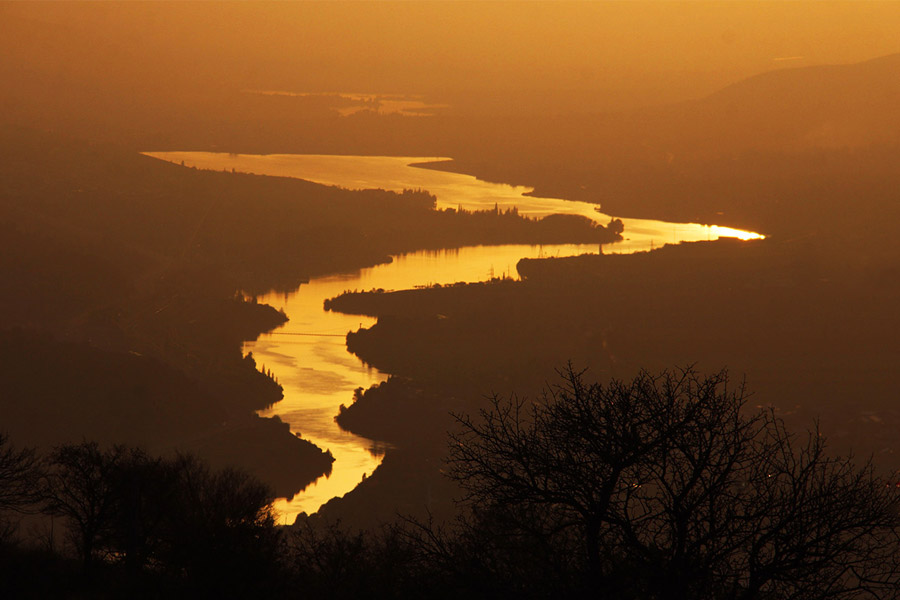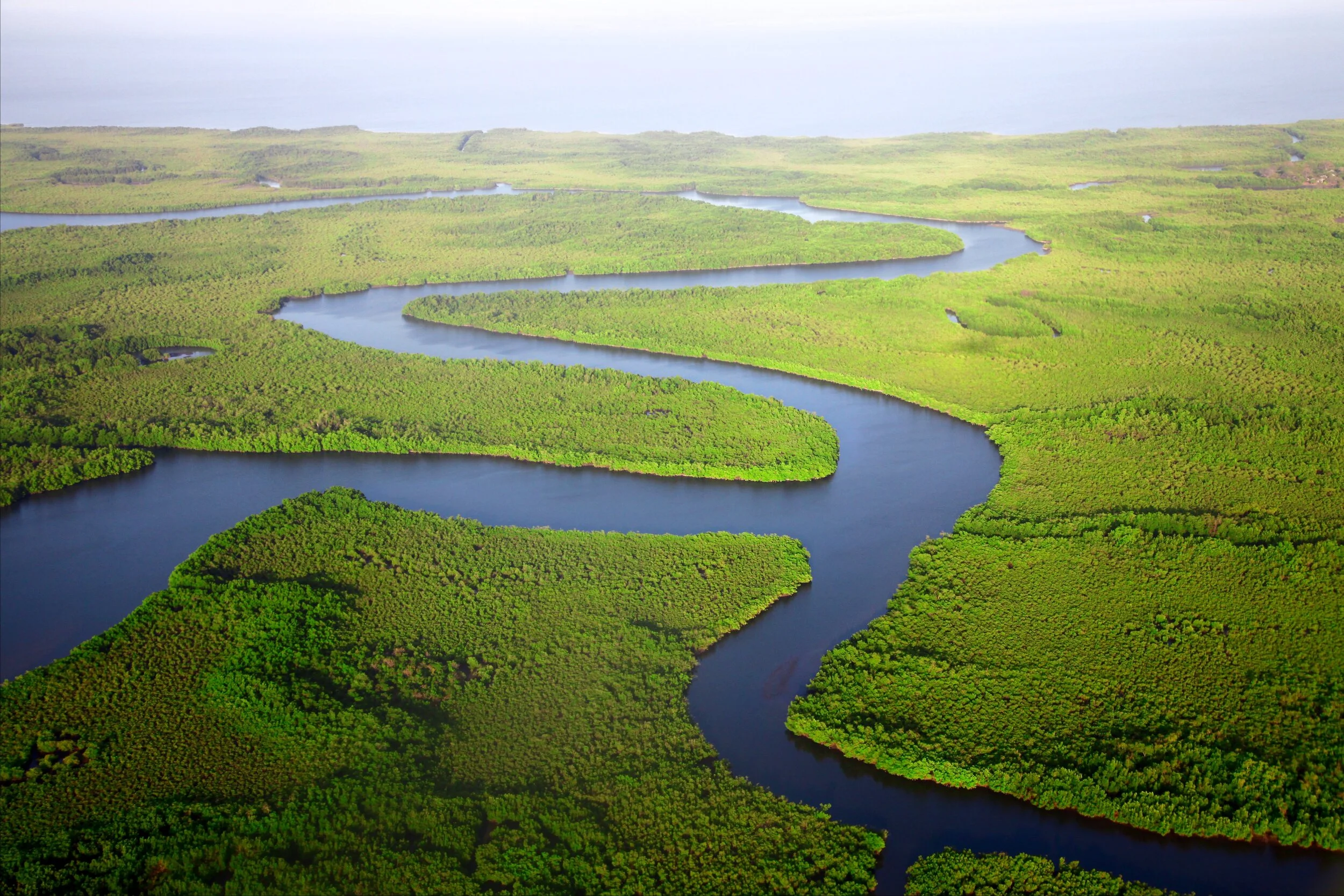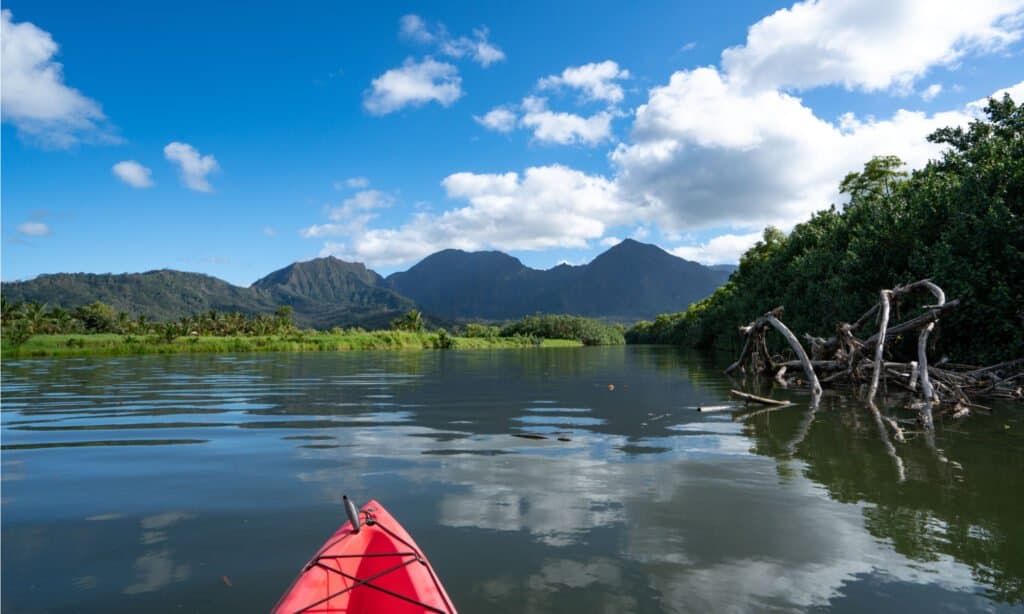Rivers have been the lifeblood of human civilization, providing water, food, and transportation for thousands of years. However, many of us take these natural wonders for granted, without fully understanding their importance and complexities. In this article, we will delve into the world of rivers, exploring their role in shaping our environment, supporting biodiversity, and impacting human societies. By the end of this journey, you will have a deeper appreciation for the significance of rivers and the importance of river education.
What are Rivers and How Do They Form?
A river is a natural flowing body of water that originates from a source, such as a spring, lake, or glacier, and flows towards a mouth, where it empties into another waterbody, such as an ocean, sea, or lake. Rivers are formed through a combination of geological processes, including erosion, weathering, and tectonic activity. The journey of a river is shaped by its surrounding landscape, with factors such as slope, soil type, and vegetation influencing its flow, depth, and width.
The Importance of Rivers in Shaping Our Environment
Rivers play a vital role in shaping our environment, supporting a wide range of ecosystems and habitats. They provide:
Water supply: Rivers are a primary source of freshwater, supporting human consumption, agriculture, and industry.
Habitat for wildlife: Rivers support a diverse range of plant and animal species, from fish and birds to mammals and insects.
Transportation and trade: Rivers have been used for centuries as a means of transportation, facilitating the exchange of goods and ideas.
Recreation and tourism: Rivers offer opportunities for outdoor activities, such as fishing, boating, and hiking, supporting local economies and promoting tourism.
The Impact of Human Activities on Rivers
Human activities have significantly impacted rivers, with many facing threats such as:
Pollution: Industrial and agricultural waste, as well as domestic sewage, have contaminated river waters, harming aquatic life and human health.
Deforestation and land degradation: The removal of vegetation and alteration of land use have increased soil erosion, affecting river flow and water quality.
Dams and water diversion: The construction of dams and water diversion schemes have altered river flow, disrupting natural habitats and affecting downstream communities.
The Importance of River Education
River education is essential for promoting a deeper understanding of the importance of rivers and the impact of human activities on these ecosystems. By educating people about rivers, we can:
Promote sustainable management: Educating people about the importance of river conservation and sustainable management practices can help reduce the impact of human activities on rivers.
Support conservation efforts: Raising awareness about the importance of river conservation can inspire individuals and communities to take action, protecting and preserving river ecosystems.
Encourage community engagement: River education can foster a sense of community, promoting collaboration and cooperation among stakeholders to protect and manage river resources.
Rivers are a vital component of our planet, supporting a wide range of ecosystems and habitats. By understanding the importance of rivers and the impact of human activities on these ecosystems, we can work towards promoting sustainable management and conservation of river resources. River education is essential for raising awareness and inspiring action, and we must prioritize this effort to protect these natural wonders for future generations. Join us in exploring the wonders of rivers and promoting a deeper appreciation for these incredible ecosystems.








